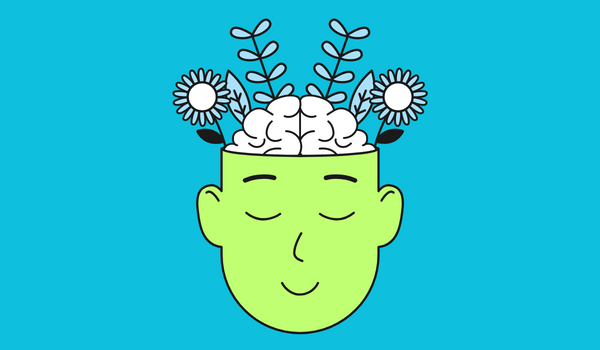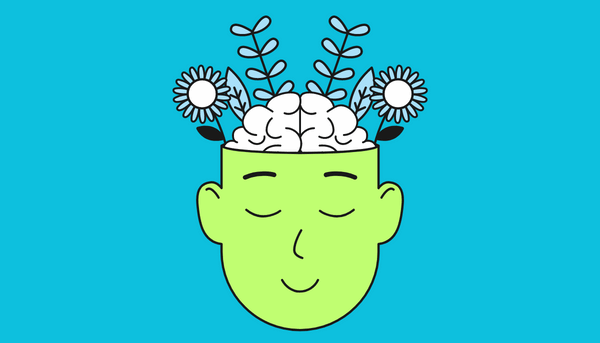The human brain is one of the most incredible and complex parts of our body. It controls everything—how we move, think, communicate, and even how we experience emotions. Because our brain shapes our thoughts, behaviors, and feelings, mental health and brain health are deeply connected.

The World Health Organization (WHO) defines brain health as the ability of the brain to function well in areas like:
- Cognition (thinking, learning, memory)
- Sensory processing (how we interpret sights, sounds, etc.)
- Emotions & social interactions
- Behavior & movement
When our brain is healthy, we can think clearly, manage stress, and live a more fulfilling life. The good news? There are simple, science-backed ways to protect and enhance brain health—which in turn supports mental well-being.
4 Key Ways to Support Your Brain & Mental Health
1. Stay Socially Connected
Humans are wired for connection. Spending time with loved ones triggers the release of oxytocin (the “love hormone”), which reduces stress and boosts happiness. Even small interactions—a phone call, coffee date, or walk with a friend—can improve mood and mental resilience.
2. Move Your Body Regularly
Physical activity offers benefits that go far beyond fitness—it’s one of nature’s most effective mood regulators. As you exercise:
√Stress melts away while anxiety and depression symptoms ease
√Your mind becomes sharper, with noticeable improvements in memory
√Self-confidence gets a natural boost from feeling stronger and more energized
The endorphin release triggered by movement creates a natural high that can brighten your entire outlook. Whether it’s a brisk walk, yoga session, or dance class, finding activities you enjoy makes this brain boost sustainable.
3. Learn Something New
Hobbies like painting, playing music, gardening, or reading do more than just pass the time—they strengthen your brain. Learning new skills enhances neuroplasticity (the brain’s ability to adapt), which helps with cognitive function and healthy aging.
Here’s a more dynamic revision of the sleep section:
4. Make Sleep a Priority
While you rest, your brain performs its nightly maintenance work. Consider these remarkable processes happening as you sleep:
- Memory integration occurs, solidifying what you learned that day
- A cleansing system activates, removing accumulated neurotoxins
- Your endocrine system carefully calibrates hormone levels
This nightly reset is so crucial that chronic sleep deprivation can:
(1)Impair cognitive function within days
(2)Disrupt emotional regulation
(3)Increase long-term dementia risk
For optimal brain restoration:
(1) Maintain consistent sleep/wake times
(2)Create a dark, cool sleeping environment
(3)Avoid screens 1-2 hours before bed.
Small Steps, Big Impact
Your brain is the control center of your life—shaping how you think, feel, and experience the world. By nurturing it through connection, movement, learning, and rest, you build mental resilience, improve mood, and enhance overall well-being.
The bottom line? A healthy brain means a healthier, happier you. Start with one small change today—your mind will thank you.



